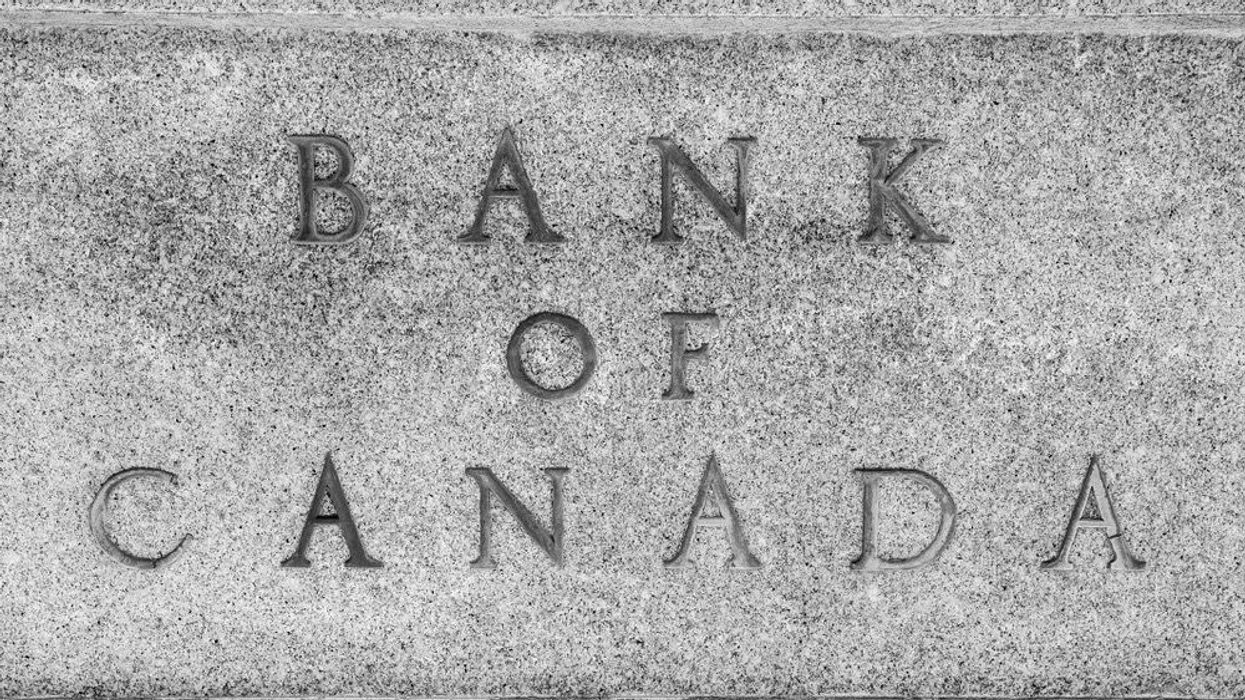In her first speech since joining the Bank of Canada (BoC), Senior Deputy Governor Carolyn Rogers went on the defensive yesterday, reiterating the factors that bolster the central bank’s credibility as its recent policy measures have been called into question.
In a speech directed to a Women in Capital Markets group titled “The Bank of Canada: A Matter of Trust”, Rogers acknowledged that the BoC has yet to effectively counter inflation, an issue that has led to waning accountability in the public eye.
“We are acutely aware that, with some of the extraordinary actions we have taken during the pandemic and with inflation well above our target, some people are questioning that trust,” Rogers said.
The rate of inflation clocked in at 6.7% in March, and has pushed three-decade highs since January, leading to criticism that the BoC has not moved fast enough to tighten monetary policy. Rather, it opted to leave its trend-setting interest rate at 0.25% in its January announcement -- where it had sat since March 2020 in efforts to boost the economy during the pandemic -- before finally taking action, implementing a quarter-point hike in March, and another 0.5% increase earlier this month.
READ: Rising Inflation, Interest Rate Hikes Will Hit Low-Income Canadians Hardest
That’s led several economists to say the central bank is “behind the eight ball” on policy, and has drawn an especially pointed attack from federal Conservative leadership candidate Pierre Poilievre, who stated in a press conference last week that he would expand the auditor general’s purview to include the BoC, and would audit its COVID-era policies.
Poilievre has particularly called into question the BoC’s quantitative easing policy undertaken during the pandemic as a key contributor to spiking inflation growth, and has also pledged he would put a stop to the central bank’s development of its own cryptocurrency.
The Importance of Central Bank Independence
While not addressing Poilievre’s attacks specifically, Rogers pointed out that the central bank is meant to operate independently of the influence of both politics and the private banking sector, with monetary policy directed solely by the data.
“Central banks that provide public benefits -- like low inflation, financial stability and secure forms of payment -- should not be influenced by commercial interests,” she stated in her speech.
“With respect to political influence, governments have many public policy priorities -- health, education, industry and trade, for example. Sometimes those policy pursuits can come into conflict with a central bank’s core mandate of ensuring low and stable inflation. That’s another reason why independence matters. The desire to have a public entity separate from both the banking sector and the political process, whose job is to guide the economy in the long-term best interests of its citizens, is what’s behind the existence of central banks around the world.”
However, she doubled down on the fact that the BoC has had to adjust its mandate dramatically over a short time frame, pivoting from pandemic-era stimulus to a full-scale inflation battle -- and that Canadians can be assured the central bank will meet that goal.
“Just as Canadians trusted us to respond with strength and conviction when the economy needed support at the onset of the pandemic, they are counting on us now to lower inflation,” Rogers said, according to prepared remarks. “We take that trust seriously. We have the tools, we have the track record, and we are committed to getting inflation back to target.”
Her comments echo those made by Governor Tiff Macklem last week, in which he admitted during testimony to the House of Commons Finance Committee that the BoC was slow to adjust monetary policy as the economy was “coming out of the deepest recession we’ve ever had.”
“We got a lot of things right. We got some things wrong, and we are adjusting,” he stated.





















